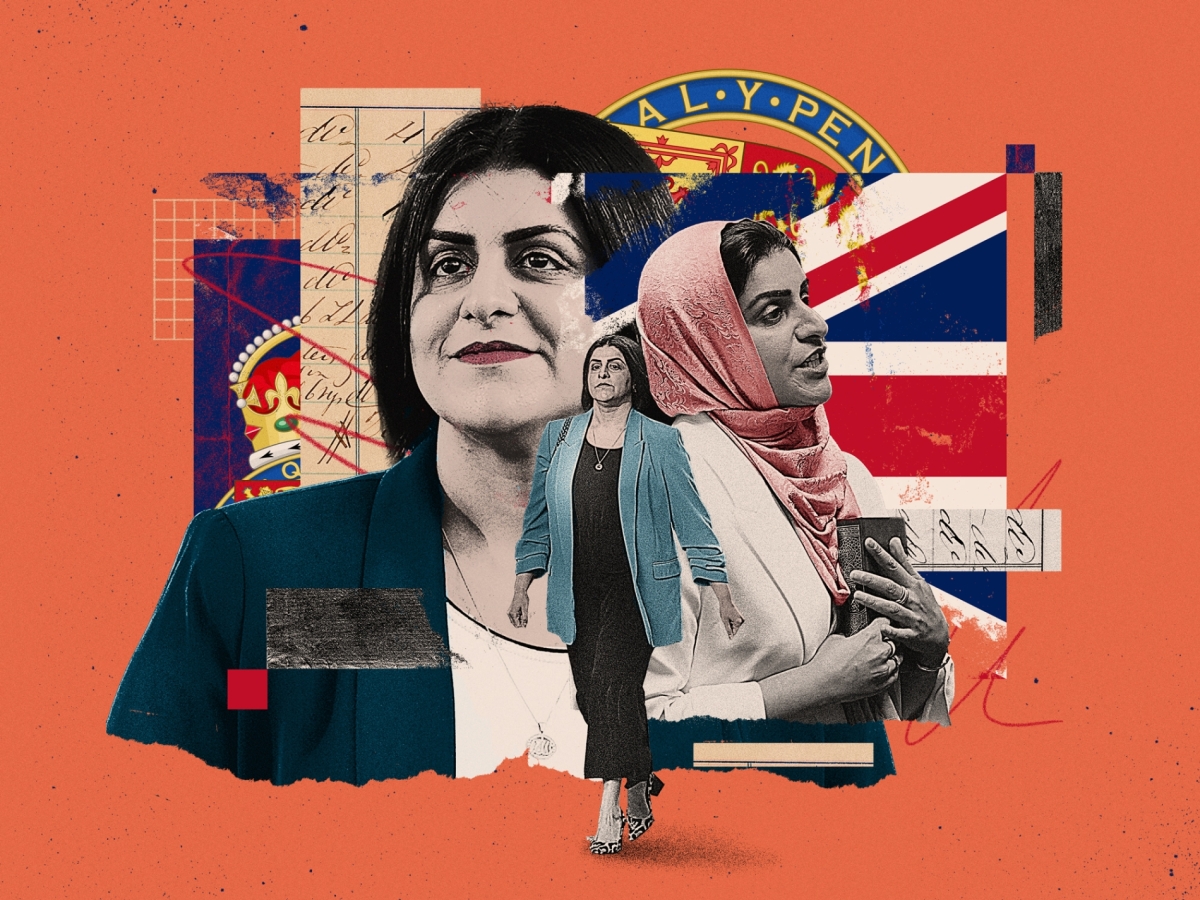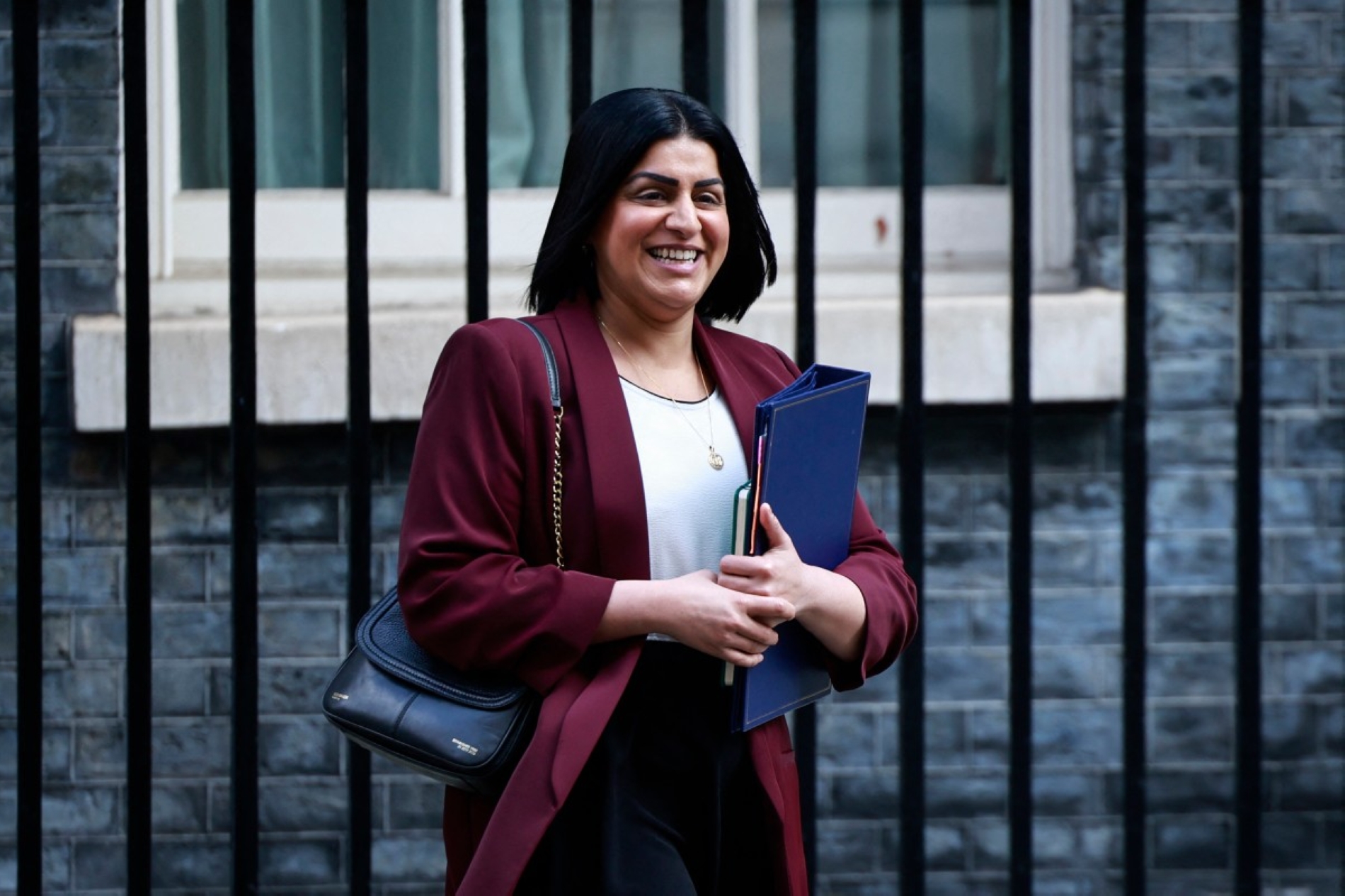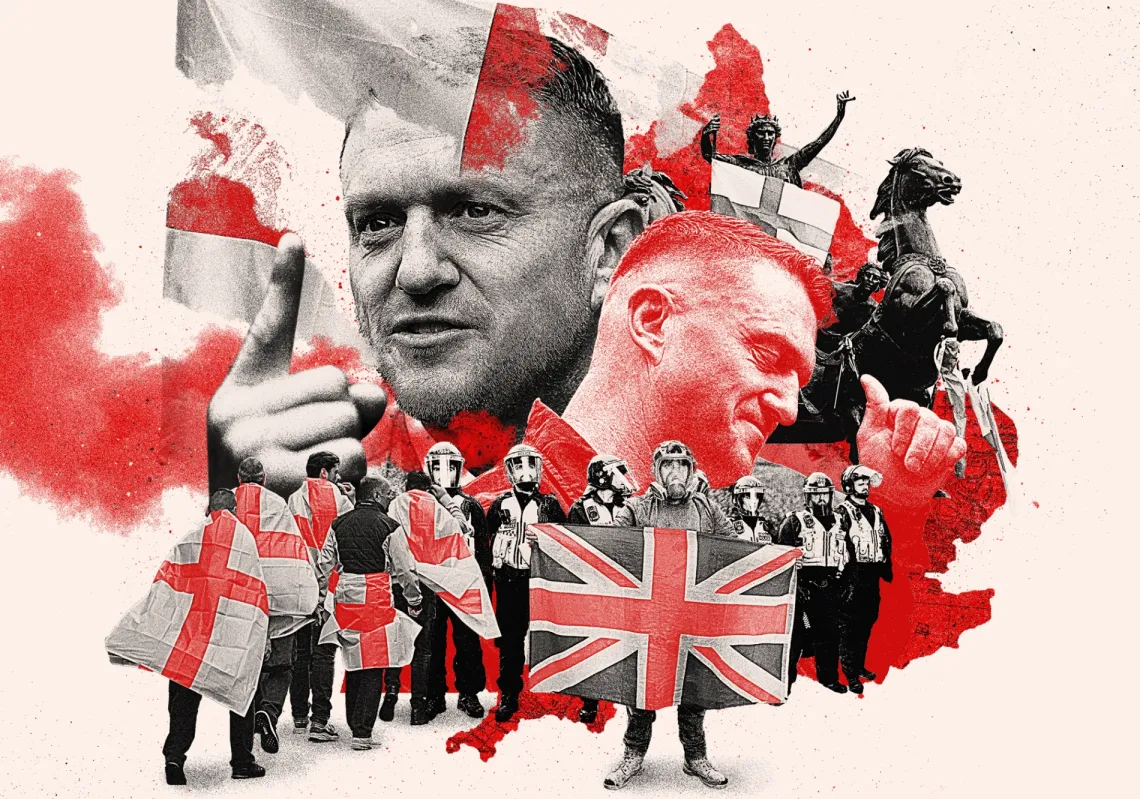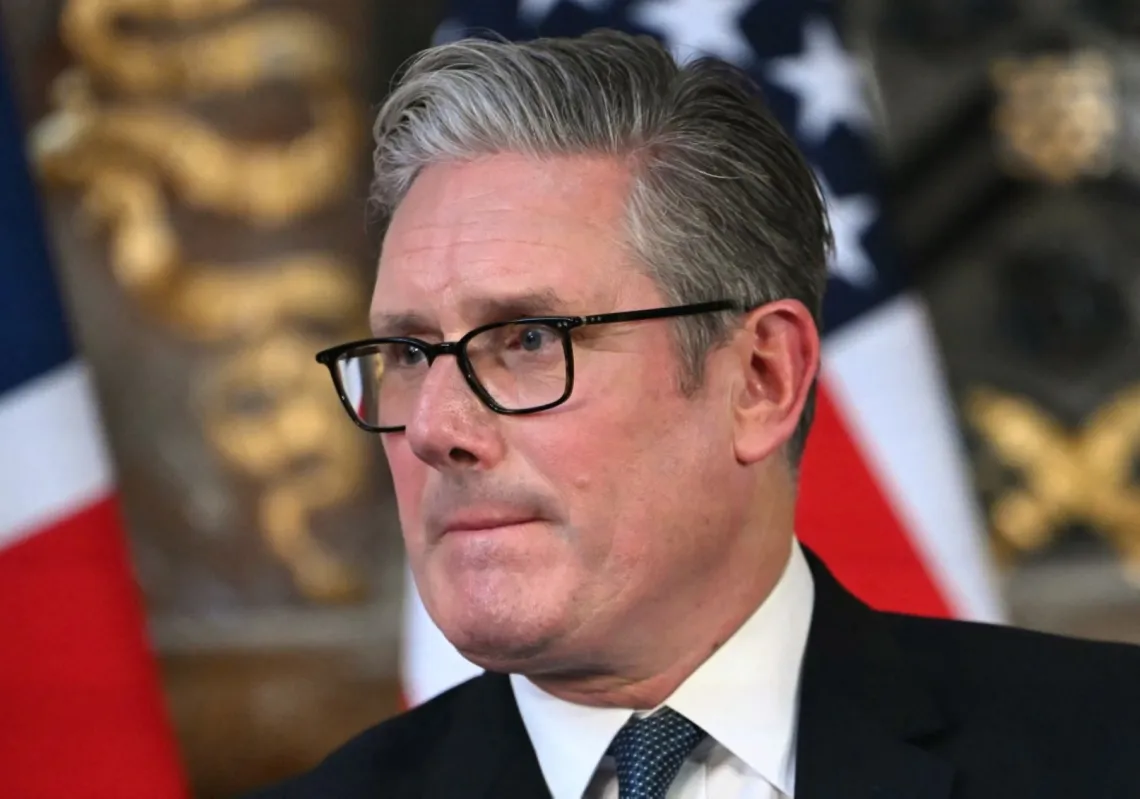With the issue of illegal immigration emerging as one of the key issues facing the UK government under Prime Minister Sir Keir Starmer, the appointment of Shabana Mahmood as his new Home Secretary has raised hopes that his administration will finally be able to get a grip on the divisive issue.
The number of illegal immigrants crossing to the UK from France has reached record levels this year, with estimates that in excess of 30,000 people have so far made the dangerous crossing. With the number of illegal immigrants resident in the UK now estimated to be more than 100,000, the issue has become a hot topic for parties of all political persuasions.
And it has been an important factor in the rise of opposition politician Nigel Farage’s far-right Reform Party, which has recently emerged as the most potent challenger to Starmer’s ruling Labour Party.
It is for this reason that, when forced into making a Cabinet reshuffle following the resignation of the Deputy Prime Minister, Angela Rayner, over a controversial tax issue, Starmer took the opportunity to appoint Mahmoud as Home Secretary in the hope that she could get a grip on one of the most divisive issues in British politics today.
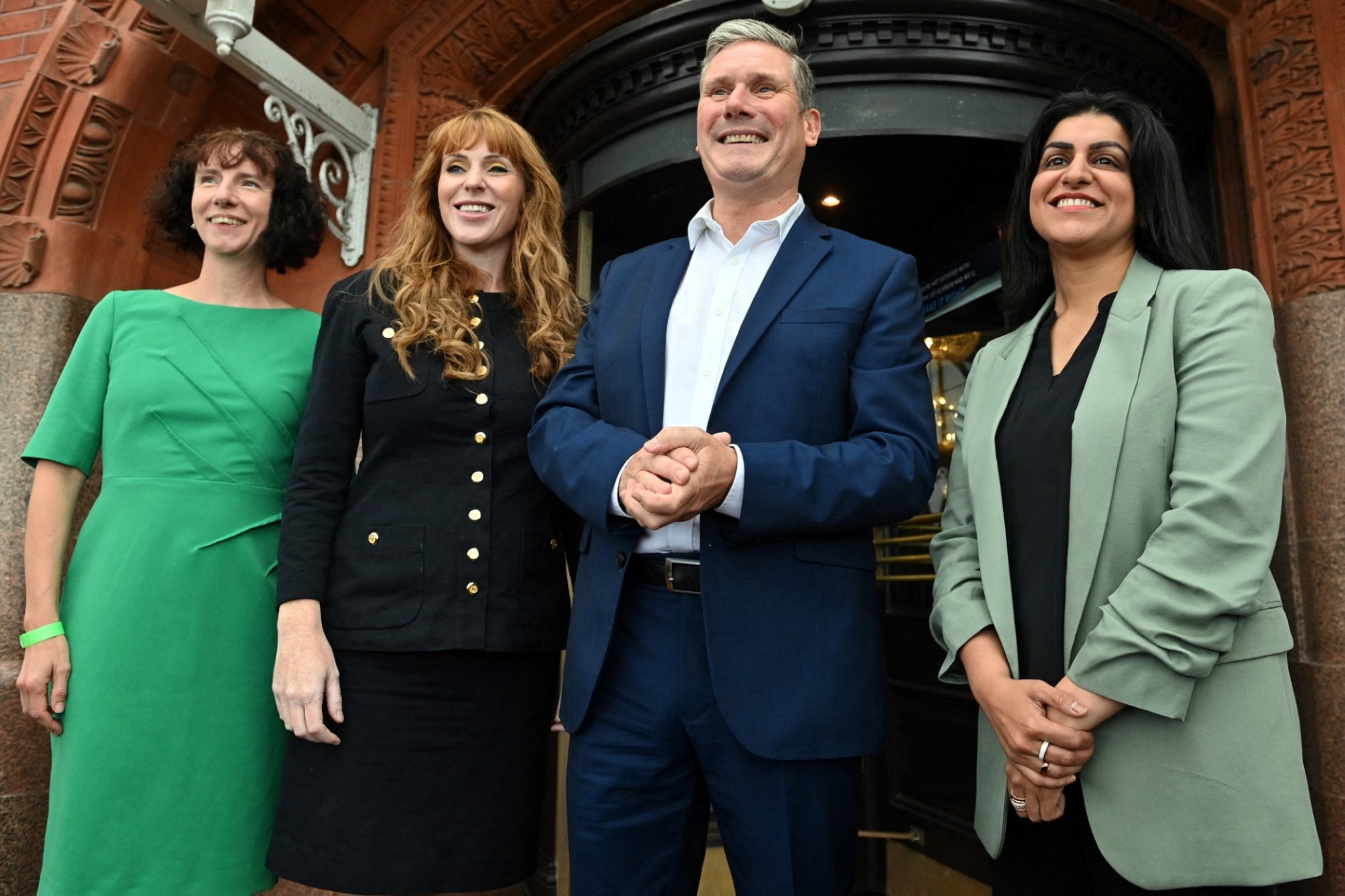
Known for her no-nonsense approach and 16-hour working days, she is widely considered one of the government’s most effective ministers. After just over a year as Justice Secretary, which saw her decide to release some prisoners early to free up jail spaces, she will now be in charge of policing, immigration, and the security services.
Unlike many Labour MPs, the 44-year-old former barrister doesn’t tiptoe around delicate matters, with some saying her robust positions place her closer to Farage than to her colleagues in the Labour Party.
In relation to the complex issue of biological gender, Mahmood has said: “I believe in the importance of recognising biological sex; it’s immutable and it’s fundamental to how the vast majority of women understand their existence on this Earth.” She has criticised her party for failing to tackle the grooming gangs that have been accused of carrying out sexual assaults on British women, and is contemplating watering down Britain’s membership of the controversial European Court of Human Rights, which often overrules the British government’s policies on immigration issues. She is, in her own words, a “social, small-c conservative”.
Recently, Mahmoud generated further controversy by arguing that Britain could suspend issuing visas to citizens from countries that fail to “play ball” with return deals for illegal migrants. She vowed to press ahead with the visa sanctions—including on Indians, Pakistanis and Nigerians—following a meeting earlier this month in London with Kristi Noem, Donald Trump’s hardline head of homeland security.
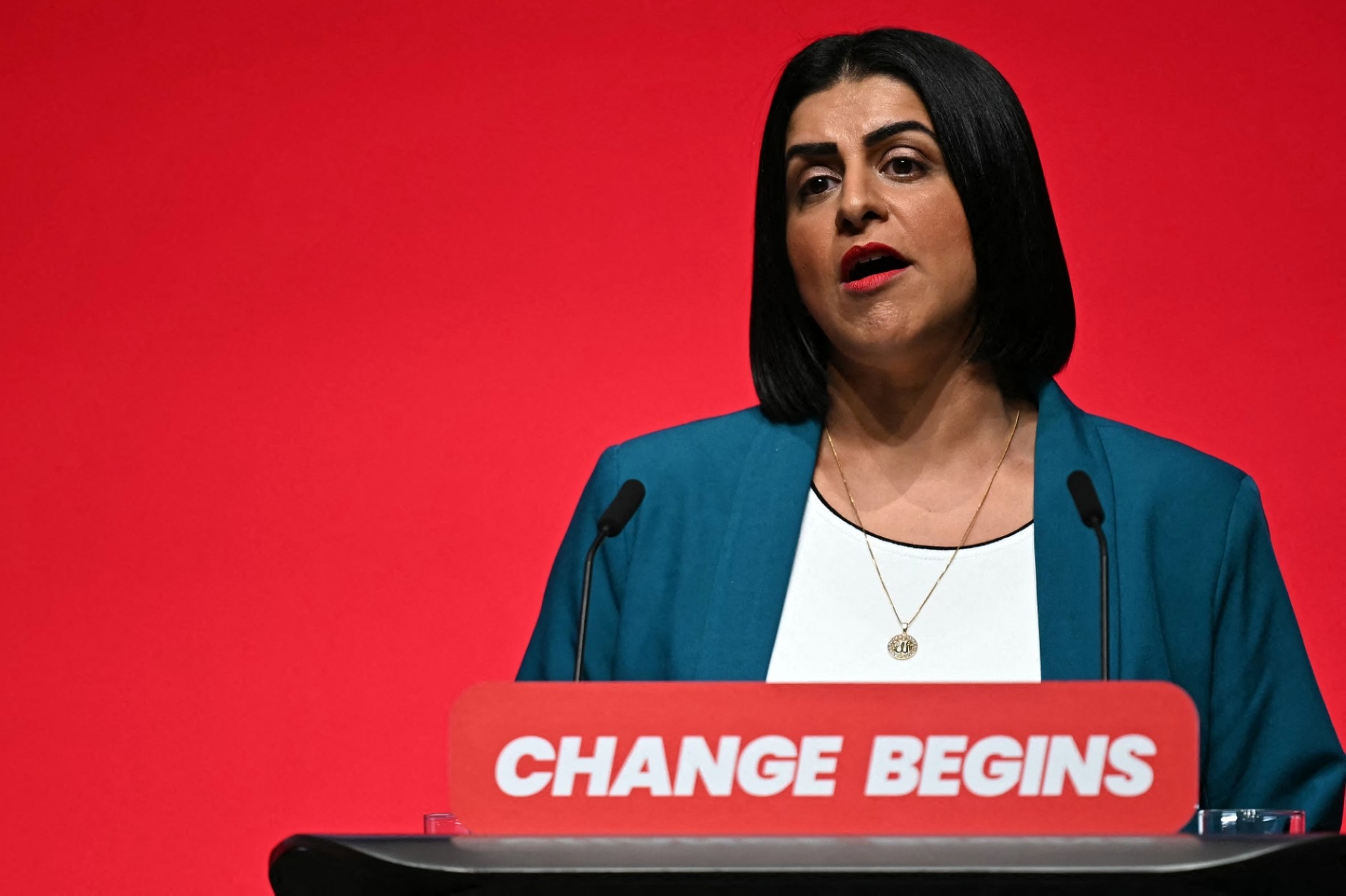
She has said immigrants who came to the UK legally, as her parents did from Pakistan, share the widespread anger about those who arrive illegally. Her Muslim faith is seen as an asset in her resolve to get to grips with the crisis, given that a large proportion of migrants share her religion. In an interview with The Times, she said: “My faith is the centre point of my life and it drives me to public service, it drives me in the way that I live my life and I see my life.”
Maurice Glasman, the founder of Blue Labour, a British campaign group that seeks to promote conservative values from a Left-of-centre perspective, has praised her as “a completely normal human being, which is remarkable within Labour”. Spectator editor and former high-ranking Conservative minister Michael Gove wrote a flattering profile in his magazine, saying she has the same “steeliness” as Margaret Thatcher, who she admits is one of her heroines. Thatcher, of course, became the first woman to lead her party half a century ago. Some are starting to think Mahmood could do the same.
Early life and career
Mahmood was raised in Birmingham and Saudi Arabia, born in Birmingham to parents from the Pakistani-administered region of Azad Kashmir. The family moved her and her twin brother to the Saudi city of Taif when they were babies, where her father worked as a civil engineer. The family would make regular visits to religious sites in Mecca and Medina. After seven years, they moved back to Birmingham and her father—still employed as a full-time engineer—bought a corner shop and became chairman of the local Labour Party.
She attended an all-girls grammar school and then Oxford University to study law at Lincoln College, where she was elected Junior Common Room president, with a vote from former Prime Minister Rishi Sunak, who was in the year above her. After university, she moved to London to train as a lawyer, specialising in professional indemnity for most of her 20s.


